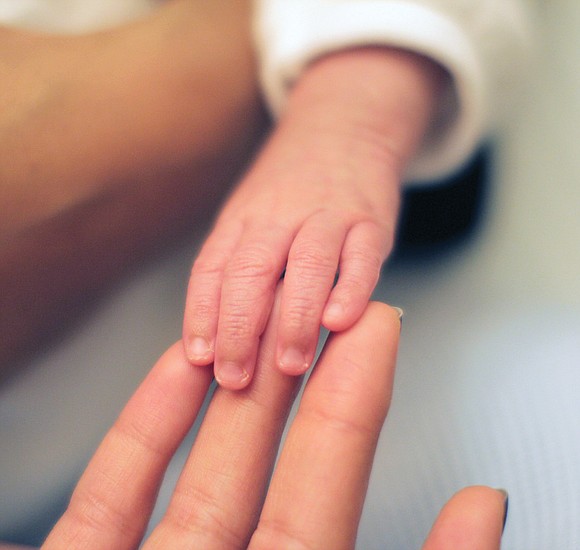New rule would allow foster care, adoption agencies to exclude on religious grounds
Religion News Service | 11/8/2019, 6 a.m.
The Trump administration is proposing a new rule that would allow adoption, foster care agencies and other social service providers receiving taxpayer funding from the U.S. Department of Health and Human Services to refuse to serve people based on religion, sexual orientation and gender identity.
The rule essentially guts a 2016 provision enacted in the final days of the Obama administration that prohibits such agencies from receiving government funding if they dis- criminate against clients based on religion, sexual orientation and gender identity.
Lifting the provision sets up a culture clash pitting those who champion exemptions for faith-based charities against civil liberties groups who claim religious groups receiving government funding should not exclude anyone.
Federal statutes will con- tinue to prohibit discrimina- tion based on nationality and race. Those are enshrined in law, and the executive branch cannot rescind them without Congressional approval.
Opposition to the new rule was swift.
“On any given day, there are more than 440,000 children in the foster care system in the United States,” said Christina Wilson Remlin, lead counsel for Children’s Rights, a nonprofit New York-based advocacy and legal firm.
“Given the context of the foster care crisis in placement options, we simply cannot abide any proposal that would enable taxpayer-funded discrimination against same-sex couples, Jewish couples, Catholic couples, Muslim couples and any other family system whose religious beliefs do not match those of the child-placing agencies,” Ms. Remlin said.
Others, such as the United States Conference of Catholic Bishops, applauded the new rule. The Obama provision, they claimed, forced them to close foster care and adoption agencies rather than place children with same-sex couples. Catholic teachings prohibit same-sex unions.
But beyond allowing foster care and adoption agencies to refuse to serve same-sex couples, the new rule may also pit religious groups against one another.
The proposed rule was set in motion last year when South Carolina Gov. Henry McMaster asked the federal Department of Health and Human Services to grant faith-based foster care agencies in South Carolina an exemption to the religious discrimination rule in federally funded foster care programs.
Robin Fretwell Wilson, a professor of law at the University of Illinois at Champaign who advised Utah lawmakers in drafting a bill that bans discrimination against LGBT people while also protecting religious institutions, criticized the new rule for potentially harming vulnerable children.
“We are putting children squarely in the middle of the culture war,” she said. “It’s hard to understand how children are being served by this move.”
The proposed rule is expected to be published in the Federal Register this week.







